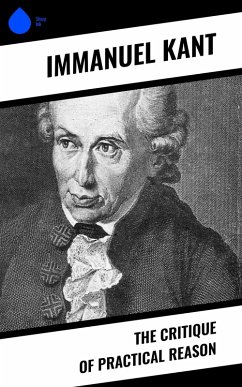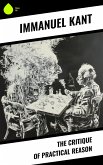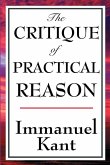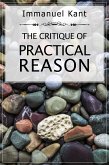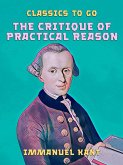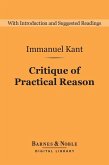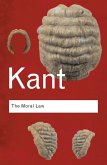In "The Critique of Practical Reason," Immanuel Kant delves into the intricacies of moral philosophy, presenting a robust examination of the nature of practical reason and its application to ethical decision-making. Written in a dense, analytical style characteristic of Enlightenment thought, Kant constructs his argument around the concept of the categorical imperative, emphasizing duty and moral law as central components of human action. This work is not merely a continuation of his earlier insights but stands as an essential philosophical inquiry that seeks to reconcile reason with ethics, offering a foundational text within both German idealism and modern moral philosophy. Immanuel Kant, one of the foremost figures of Western philosophy, was profoundly influenced by the tumultuous socio-political landscape of the 18th century, as well as by the rationalism and empiricism that characterized the intellectual milieu of his time. His personal experiences, strict upbringing, and commitment to enlightenment ideals significantly shaped his thoughts on autonomy, moral obligation, and the role of reason in human affairs, all of which culminate in this seminal work. Kant aimed to establish a clear framework for moral reasoning, striving to illuminate the relationship between human freedom and ethical responsibility. This book is indispensable for anyone seeking a rigorous understanding of moral philosophy and the underpinnings of ethical theory. Scholars, students, and general readers alike will find Kant's meticulous arguments and profound insights into human rationality and morality both challenging and illuminating. "The Critique of Practical Reason" not only enriches our comprehension of Kantian ethics but also prompts critical reflection on our own moral judgments.
Dieser Download kann aus rechtlichen Gründen nur mit Rechnungsadresse in A, B, BG, CY, CZ, D, DK, EW, E, FIN, F, GR, HR, H, IRL, I, LT, L, LR, M, NL, PL, P, R, S, SLO, SK ausgeliefert werden.

